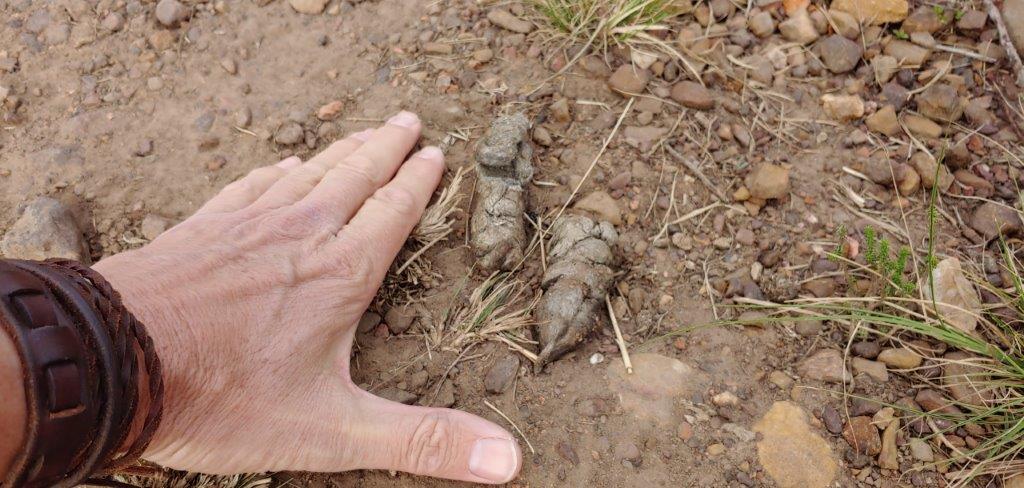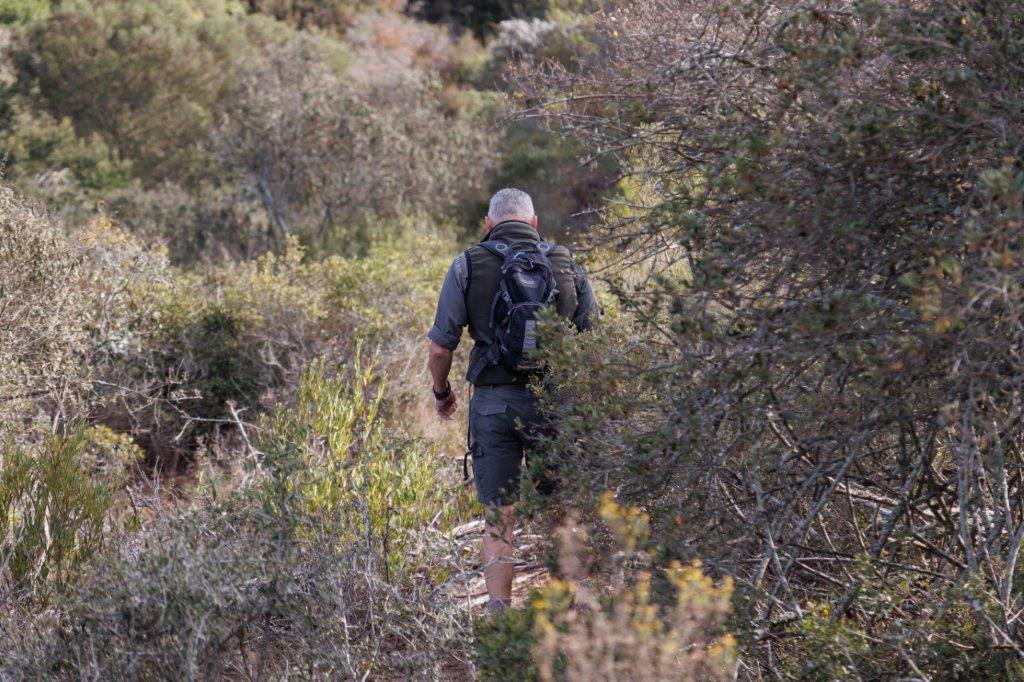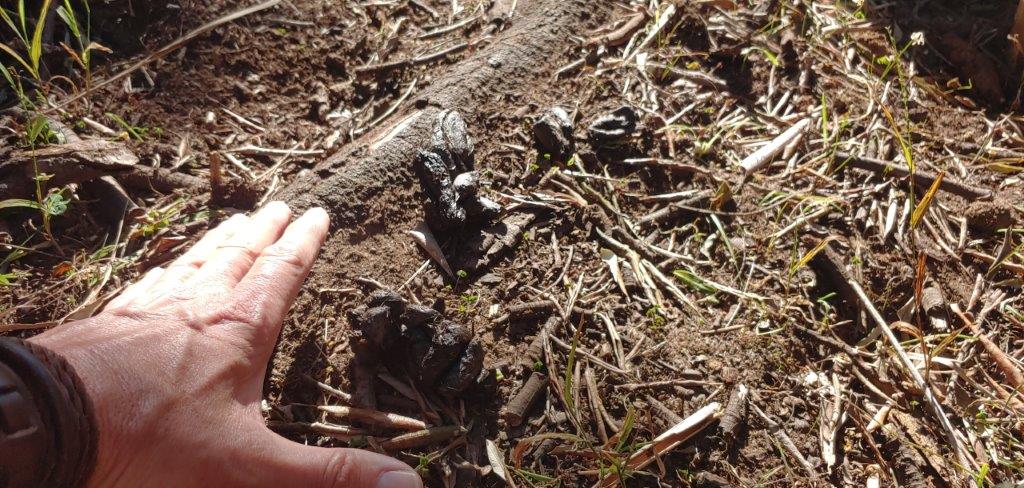GARDEN ROUTE NEWS - Thirteen volunteers joined an anti-snare walk on Saturday 23 August, scouring a private piece of land near the Mossel Bay airfield in Aalwyndal for signs of illegal hunting.
The walk was organised after the Wildlife Crime Information Network (WCIN) received reports via its hotline of poaching with dogs and the setting of snares in the area.
Although no snares were found on the day, volunteers did come across fresh signs of animal activity, including caracal scat and porcupine droppings along game paths. These traces, according to WCIN investigator Leon Rossouw, serve as an important reminder that wildlife is present - and vulnerable.
“Anti-snare walks are about much more than just removing snares,” Rossouw explained. “Even when no snares are found, the activity raises awareness, involves the community, and reminds us of the hidden threats that animals face in their natural habitat.”
Why anti-snare walks matter
Anti-snare walks involve trained staff, community members, and volunteers searching bush paths where poachers often set wire or rope loops to catch animals. Victims range from antelope and porcupine to predators such as caracal.
Rossouw said these patrols play a critical role in:
- Creating awareness about illegal poaching.
- Collecting valuable data on wildlife activity.
- Building community responsibility for protecting biodiversity.
- Dismantling snares and reducing one of the biggest threats to local wildlife.
- While often physically demanding due to thick vegetation and rough terrain, the walks highlight both the determination of poachers and the persistence needed to protect wildlife.
A call to action
Rossouw emphasised that every Anti-Snare Walk is part of a bigger effort to safeguard ecosystems and ensure future generations inherit landscapes rich with wildlife.
Members of the public can report illegal poaching activities or join the WCIN Anti-Snare Walk WhatsApp group by contacting the WCIN Hotline on 079 643 9556.
 Anti-snare walks help us read the bush, tracks, and signs of life, which tell us which animals are at risk, like the caracal scat that was found along a game path. Photo: Leon Rossouw
Anti-snare walks help us read the bush, tracks, and signs of life, which tell us which animals are at risk, like the caracal scat that was found along a game path. Photo: Leon Rossouw Anti-snare walks aren't easy - the terrain is tough, the vegetation dense, but every step is for wildlife. Photo: Chané Basson
Anti-snare walks aren't easy - the terrain is tough, the vegetation dense, but every step is for wildlife. Photo: Chané Basson No snares were found, but signs of wildlife activity were clear - Porcupine droppings were found along a game path. Photo: Leon Rossouw‘We bring you the latest Garden Route, Hessequa, Karoo news’
No snares were found, but signs of wildlife activity were clear - Porcupine droppings were found along a game path. Photo: Leon Rossouw‘We bring you the latest Garden Route, Hessequa, Karoo news’
















